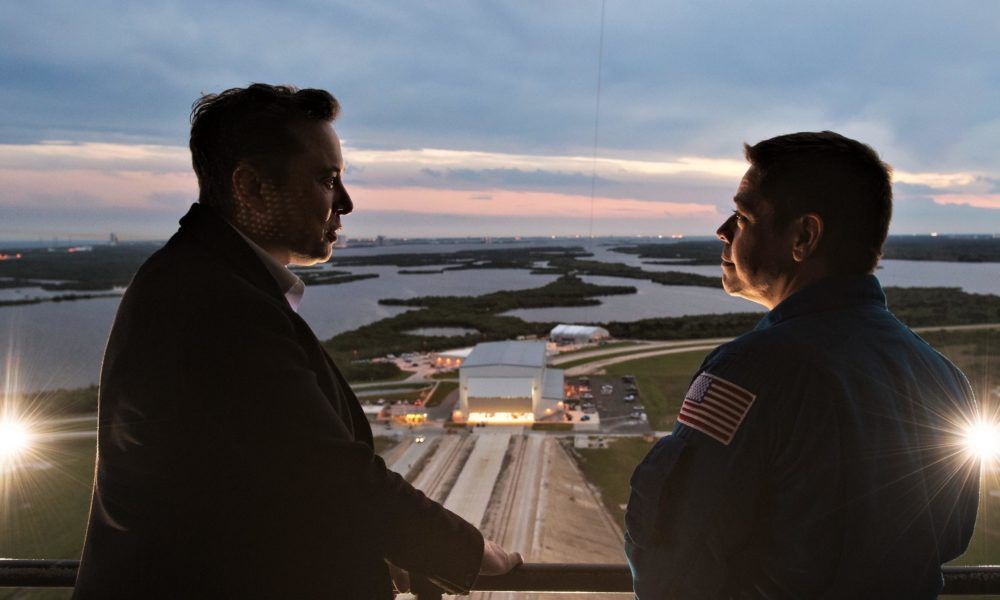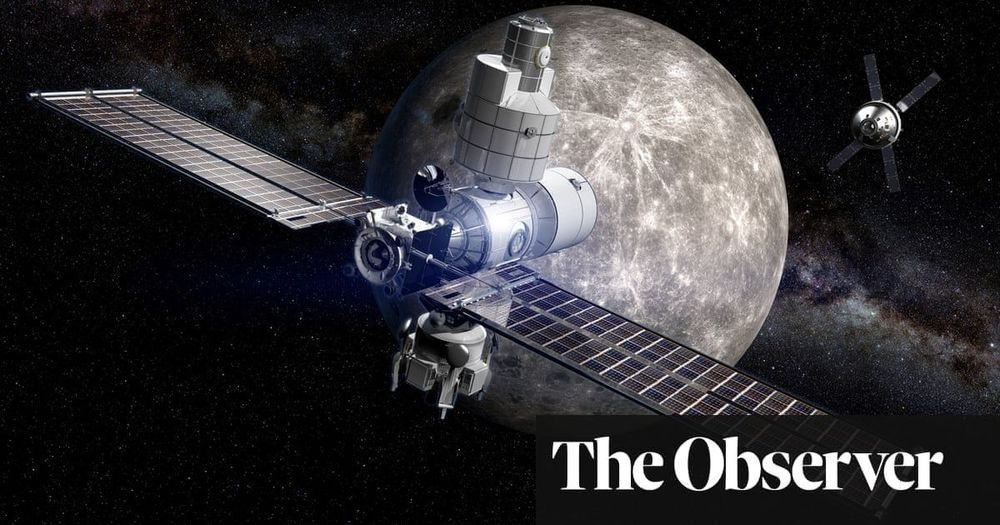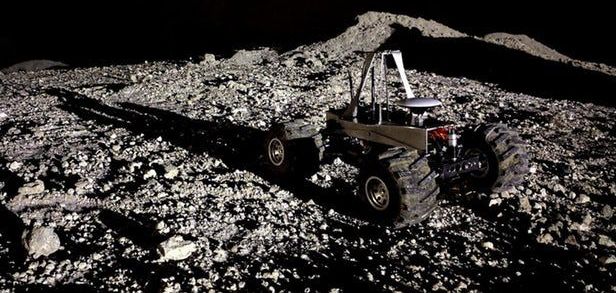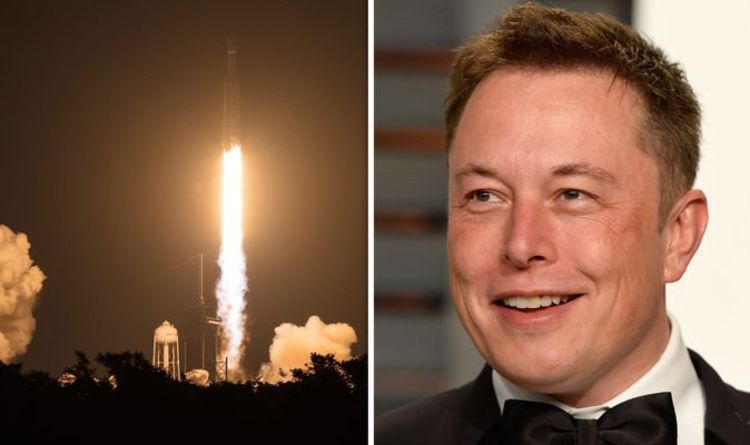A unique find of two boat burials from the Viking Age have been discovered in Sweden. One of the two graves was intact with remains of a man, a horse and a dog.
The two boat burials were found during an excavation at the vicarage in Gamla Uppsala last autumn. A medieval cellar and a well were excavated and then one of the boats was observed beneath the more modern structures. The two boat burials have been excavated during the last month and the results are sensational. “This is a unique excavation, the last burial ship here was excavated 50 years ago,” says archaeologist Anton Seiler.
A ship burial was a specific funeral practice in which the dead person was placed in a ship or boat often along with rich gifts like jewellery or sets of weapons and other objects. This kind of grave typically dates back to the Vendel Period (around 550–800 AD) or the Viking Age (800‑1050 AD), when it otherwise was common to cremate the dead. The graves can therefore be very well preserved. This custom was probably reserved for people of a higher social standing in society.







